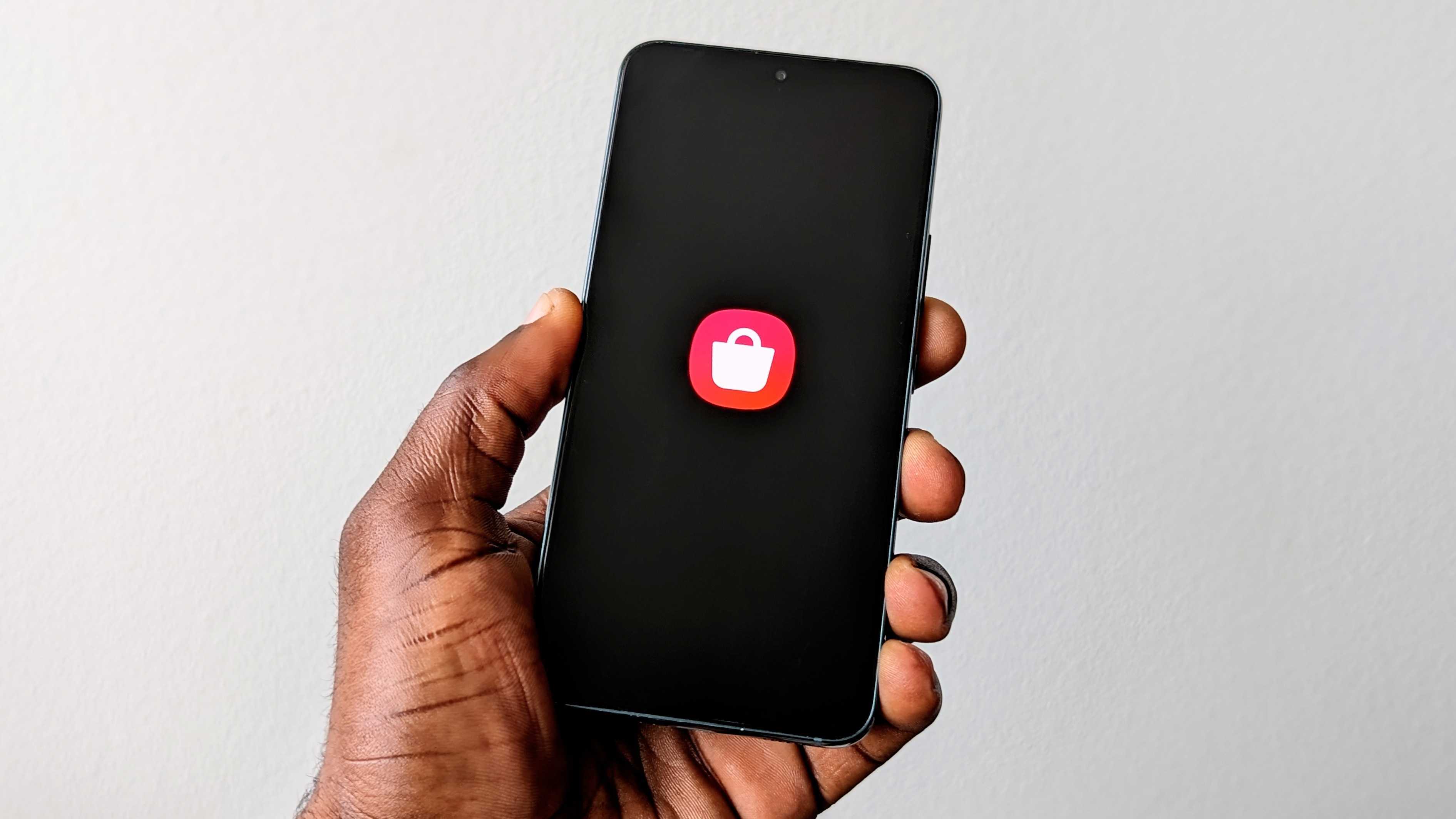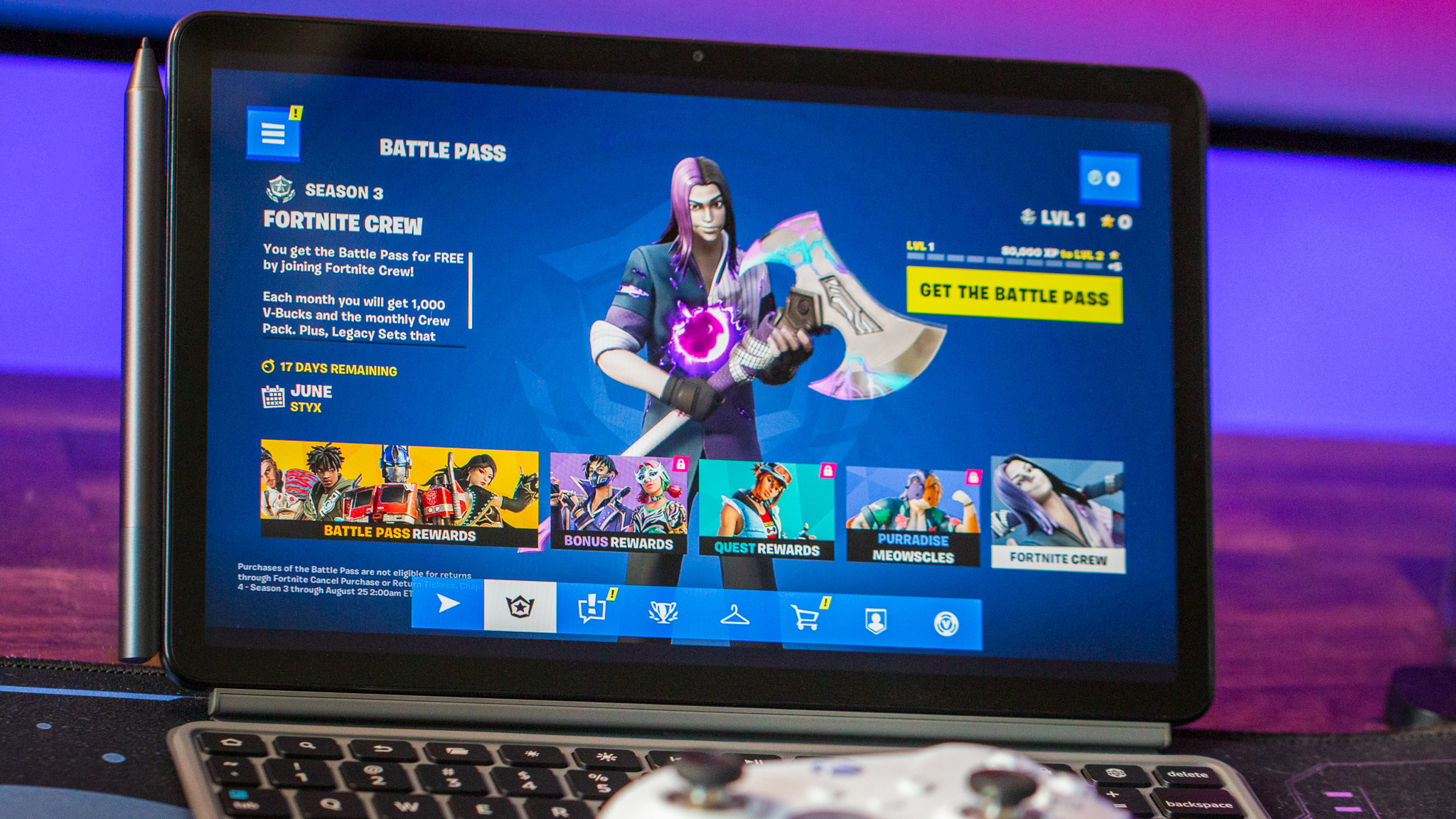
What you need to know
- Samsung‘s Auto Blocker, included on its devices, now blocks apps from unverified sources by default in One UI 6.1.1.
- The option effectively blocks sideloaded apps unless users manually disable Auto Blocker, which also protects against general malware and USB hardware attacks.
- In protest of this move, Epic Games CEO Tim Sweeney announced that Fortnite and all other titles from the video game publisher would be pulled from Samsung’s Galaxy Store.
Epic Games, the developer and publisher best known for games like Fortnite and Rocket League, is on a warpath to ensure consumers have plenty of choice. Epic and its CEO, Tim Sweeney, want users to be able to download apps and games from wherever they please. Part of that effort includes growing the prevalence of sideloading, alternative app marketplaces, and alternative payment methods. Unfortunately, it looks like Epic’s moves to improve choice in the long term are vastly reducing choice in the short term.
The company famously pulled Fortnite, one of the most popular games at the time, from Apple’s App Store and the Google Play Store. Well, it was technically Apple and Google that booted the game from its platform, but that came after Epic brazenly broke the companies’ policies in a deliberate precursor to legal action. In part, it worked: while Epic mostly lost to Apple, it won a decisive victory against Google.
Through all this, Fortnite continued to remain on the Galaxy Store, but that’s now changing. Ahead of Epic’s planned launch of its own mobile game store, the company is pulling Fortnite from the Galaxy Store in protest of a recent Samsung move that discourages sideloading.
Sadly, Fortnite and our other games will be leaving the Samsung Galaxy Store in protest of their new policy of blocking side-loading. This change obstructs users from installing competing stores and is an issue we fought and won in the US Epic v Google US antitrust trial.July 25, 2024
Sweeney is referencing a Samsung change that took effect in One UI 6.1.1, and he confirmed this outright in the replies to his original thread. Essentially, Samsung quietly added something to the scope of its existing Auto Blocker feature. The tool was intended to block malware and unwanted USB hardware attacks, so it was a no-brainer for people to enable it. In fact, it was turned on by default.
Well, the One UI 6.1.1 update now blocks unknown apps from running, and this effectively eliminates sideloading as an option if you use Auto Blocker. The change was first noticed by people setting up their new Samsung Galaxy Z Fold 6 and Galaxy Z Flip 6 devices, running One UI 6.1.1, and Android Authority was the first to report on it. During the setup process, Auto Blocker — still flipped on by default — adds unknown apps to the list of things it’ll block. Unless a user manually flips that toggle off, they won’t be able to run apps downloaded by sideloading.
This kind of behavior from Samsung is about as anti-competitive as it gets. Auto Blocker is a vital tool that Samsung users should enable to protect themselves against malware and unwanted USB insertions. However, by adding sideloading to that group, users have to make an all-or-nothing decision. Personally, I don’t think that running sideloaded apps is an equivalent security risk to malware and USB hardware attacks, but maybe that’s just me.
It’s more likely that Samsung is taking yet another step to discourage sideloading and push people toward its own Galaxy Store as well as the Google Play Store. That’s why Epic is pulling out, and it’ll instead support independent marketplaces like AltStore and its own Epic Games Store, coming to mobile this year.
The end result? It’s harder to download Fortnite

However, I think Epic’s most recent move to pull Fortnite from the Galaxy Store is the latest example of companies not understanding what competition truly means. It isn’t just making the options available that you want; it’s also letting consumers choose the one you don’t like if that’s what they prefer. Making apps like Fortnite available via sideloading, alternative app marketplaces, and the Epic Games Store is not competition — competition is letting users choose the App Store, Google Play Store, or Galaxy Store if they like.
Say what you want about Elon Musk’s handling of the X (formerly Twitter) acquisition, but Musk did something right with X Premium subscriptions. If you buy them with in-app purchases through the App Store or Google Play Store, you’ll pay more. Users can choose to subscribe via the X website if they want to save money, but they don’t have to. This situation is vital to achieving true choice because some people just want to pay more for convenience and simplicity. It’s the same reason why you might want to pay double for milk at a hotel or convenience store rather than go all the way to a supermarket.
Epic isn’t letting you make that choice for yourself. Instead, it has made that choice for you. It thinks that the best options are sideloading, alternative app marketplaces, and the Epic Games Store, and so those are your options. In that sense, is what Epic’s doing any different than what Apple or Google or Samsung is doing? They think their own app stores are the best, just like Epic has its own view of what’s best.
Regardless of what you think of this debate, one thing is clear: Epic and Sweeney are pulling consumers into the crossfire in their war with big tech. It’s harder today for Samsung users to download Fortnite than last week. Users are the ones suffering, and no one should be happy about that.







